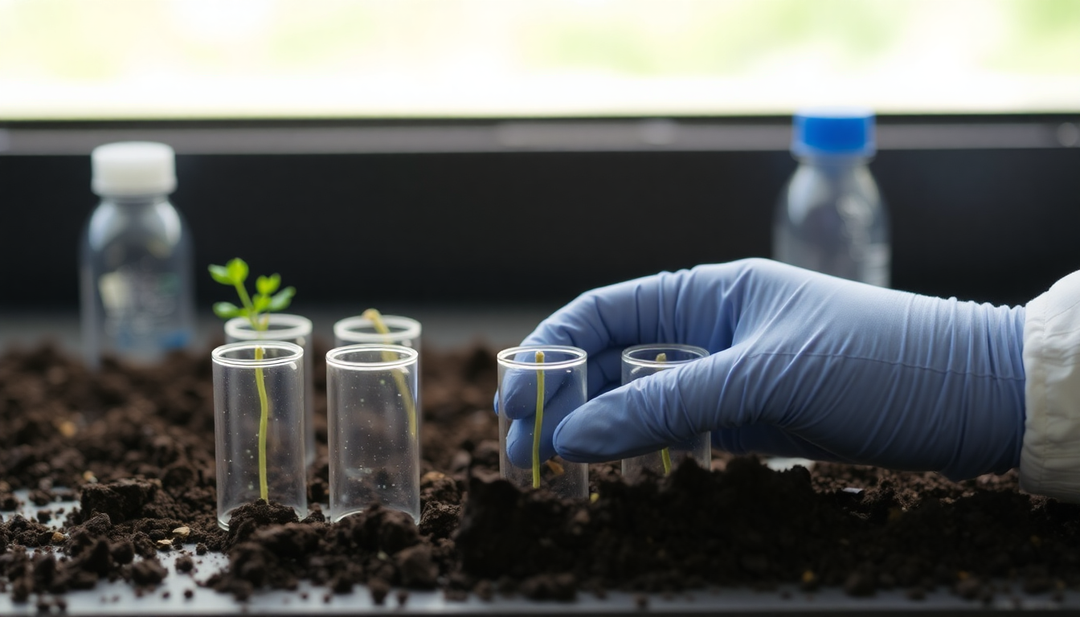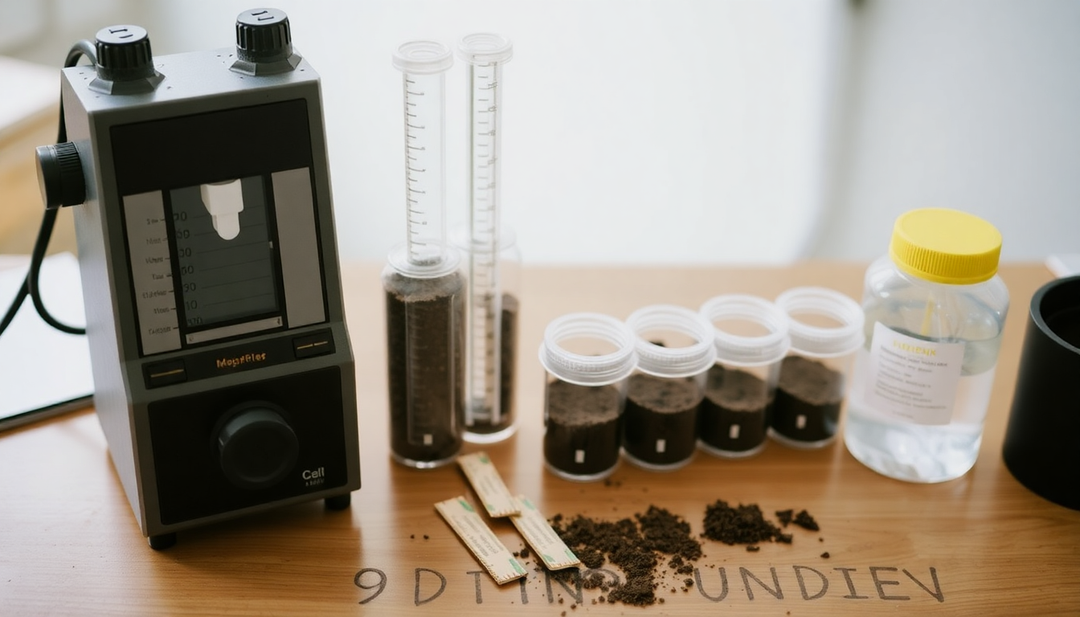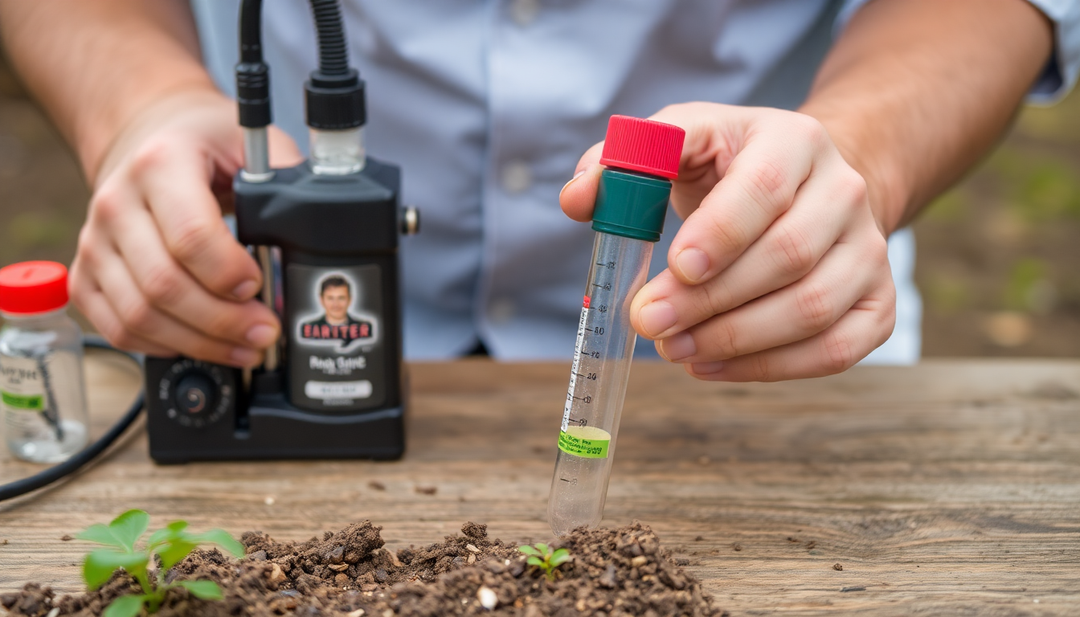What pollutants are found in the soil in France?

What pollutants are found in the soil in France?
Soil, this vital layer that nourishes our crops, is home to extraordinary biodiversity, and plays a crucial role in the water cycle, is unfortunately under increasing pressure from pollution. In France, various pollutants from human activities are contaminating our soils and endangering our health and environment.
The main soil pollutants in France
The list of pollutants that contaminate French soils is long, but some of them are particularly worrying:
1. Heavy metals
- Lead (Pb): From leaded gasoline, metallurgical industries, and old paints, lead can accumulate in the soil and be absorbed by plants, contaminate groundwater, and cause health problems in humans (neurological disorders, developmental problems in children).
- Mercury (Hg): Of industrial origin, mercury is present in soils near mining sites, chemical plants, and thermal power plants. Its presence in the environment can have serious consequences for human health and wildlife.
- Cadmium (Cd): Cadmium comes mainly from the use of phosphate fertilizers, industrial waste, and atmospheric deposition. It can concentrate in vegetables and grains, potentially causing kidney and bone problems in humans.
- Arsenic (As): Arsenic can occur naturally in soils, but it is also released by mining activities, pesticide manufacturing plants, and industrial waste. It is toxic to humans and can cause cancer, cardiovascular problems, and developmental disorders.
2. Pesticides
- Herbicides: Used to kill weeds, they can contaminate soil and groundwater, having negative impacts on biodiversity and human health.
- Insecticides: Intended to control harmful insects, they can accumulate in soils, affecting pollinating insect populations and threatening human health.
- Fungicides: Used to combat fungi, they can have toxic effects on flora and fauna and end up in foodstuffs.
3. Petroleum products
- Hydrocarbons: Tank leaks, transportation or spillage accidents, petroleum products can contaminate soil and groundwater, affecting water quality and ecosystems.
4. Pharmaceutical products
- Antibiotics, hormones, anti-inflammatories: These substances, present in wastewater, can end up in the soil and contaminate groundwater, having unknown effects on biodiversity and human health.
5. Waste
- Household waste: Plastic, electronic, organic waste, etc. can contaminate soil and release toxic substances into the environment.
- Industrial waste: Untreated industrial discharges, fly-tipping, industrial waste can contaminate soil and groundwater, affecting human health and biodiversity.
The consequences of soil pollution
Soil pollution has serious consequences for both the environment and human health. Here are some of the most significant impacts:
- Degradation of groundwater quality: Soil pollutants can dissolve in water and contaminate groundwater, making drinking water unsafe for consumption.
- Decreased agricultural productivity: Soil pollution can affect plant growth, reduce agricultural yields and increase the risk of food contamination.
- Biodiversity loss: Soil pollution can destroy natural habitats and reduce biodiversity, endangering animal and plant species.
- Human health risks: Soil pollution can lead to chronic diseases, neurological disorders, cancers and developmental problems in children.
What can be done to combat soil pollution?
Combating soil pollution requires collective and individual efforts. Here are some avenues for action:
- Promote sustainable agricultural practices: Limit the use of pesticides, promote organic farming and crop rotation.
- Reduce industrial discharges: Implement industrial wastewater filtration and treatment systems.
- Manage waste properly: Reduce, reuse, recycle and treat waste responsibly.
- Raising public awareness: Educating the population about the dangers of soil pollution and the actions that can be taken to prevent it.
Soil pollution is a complex problem that requires serious attention. By acting collectively, we can protect our environment and our health for future generations.



